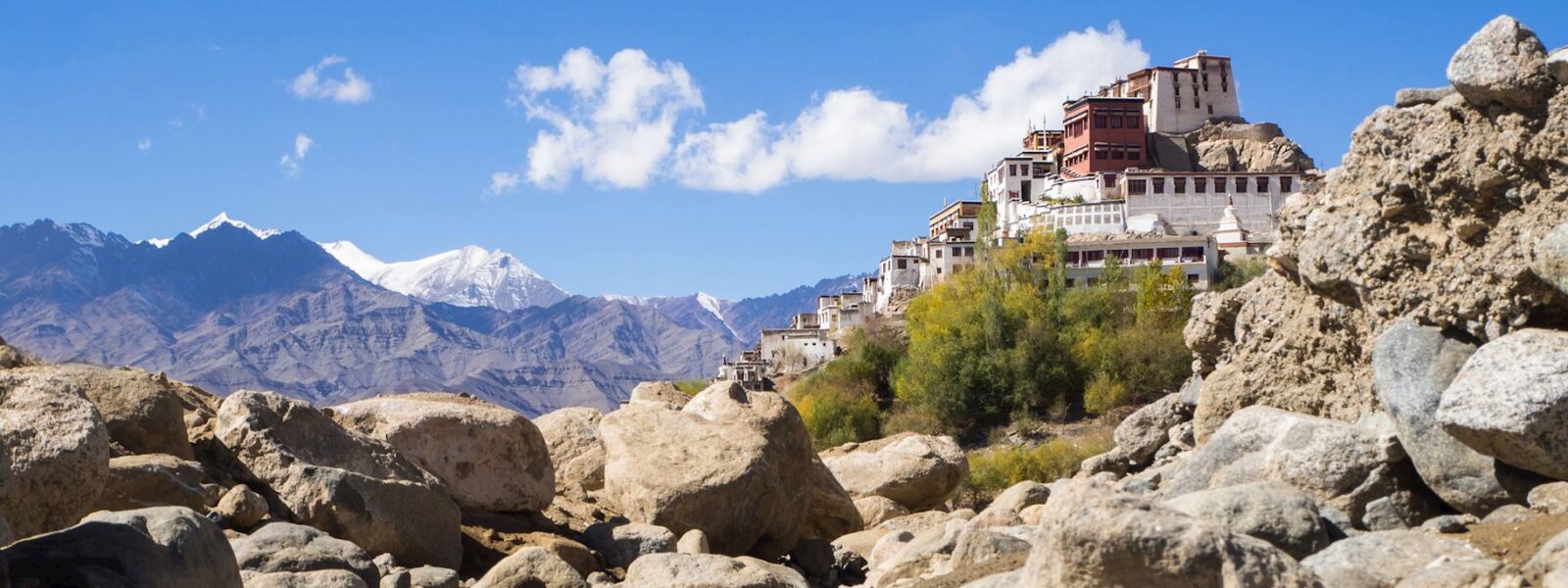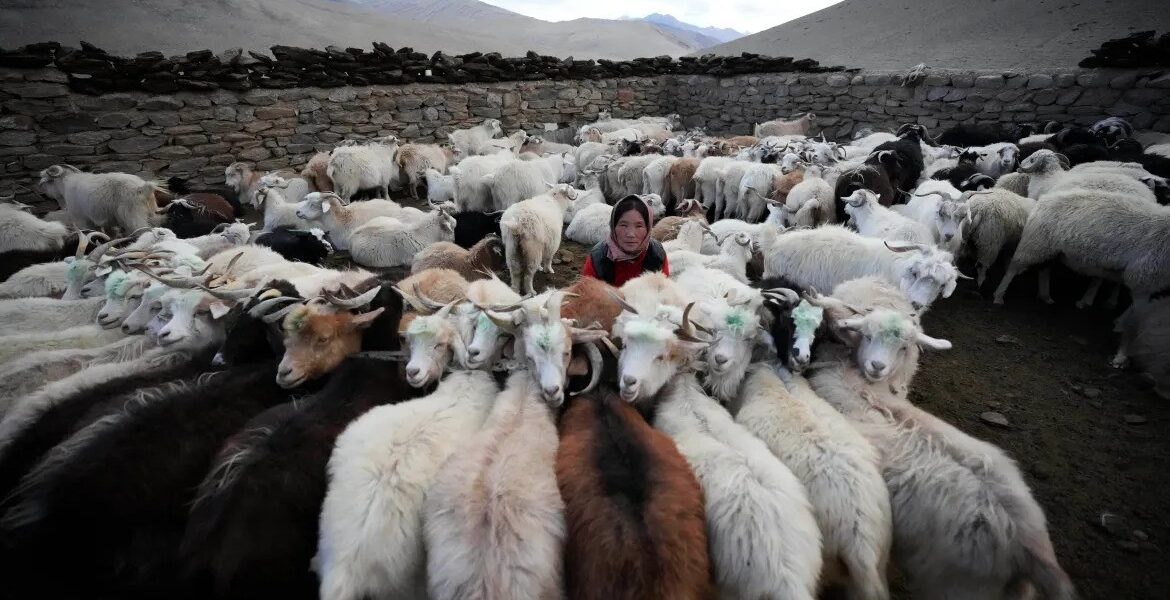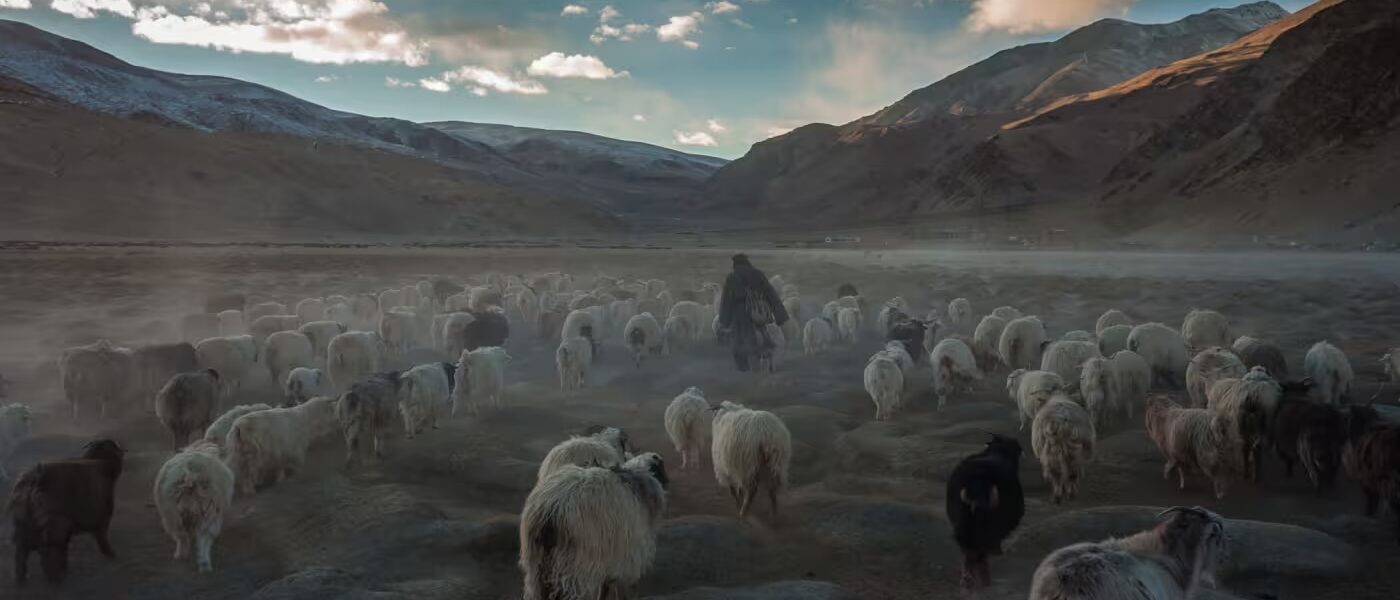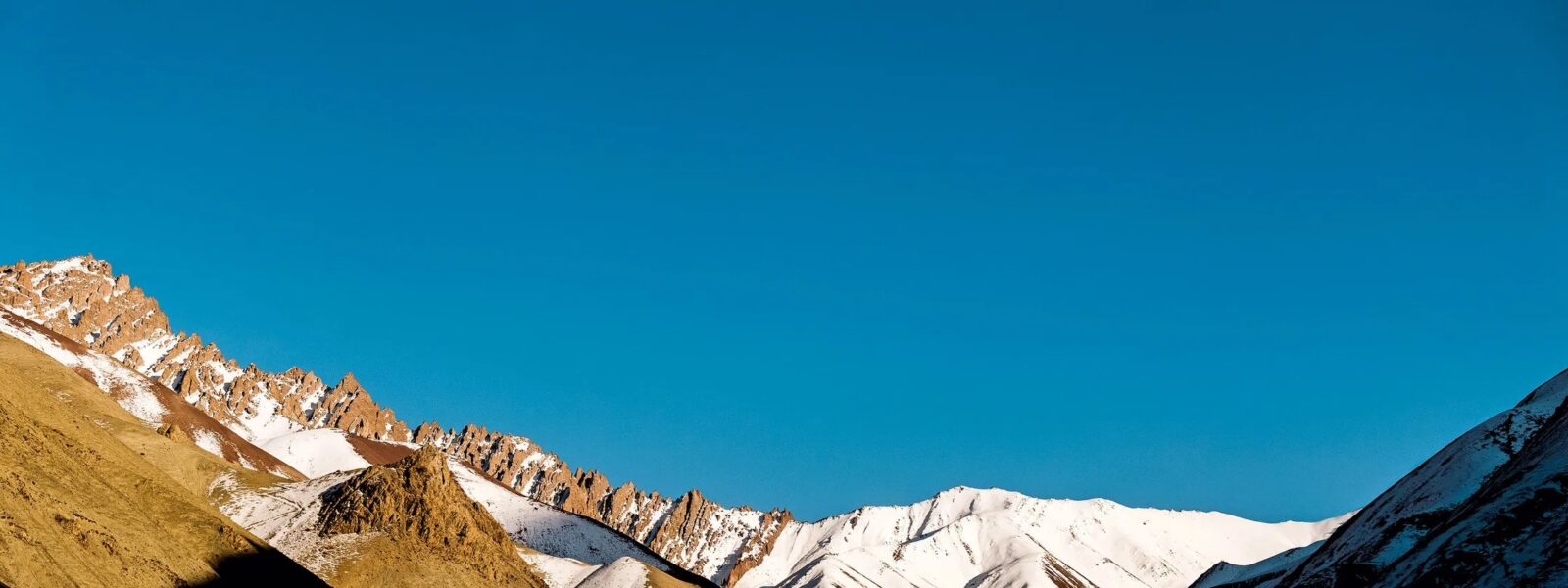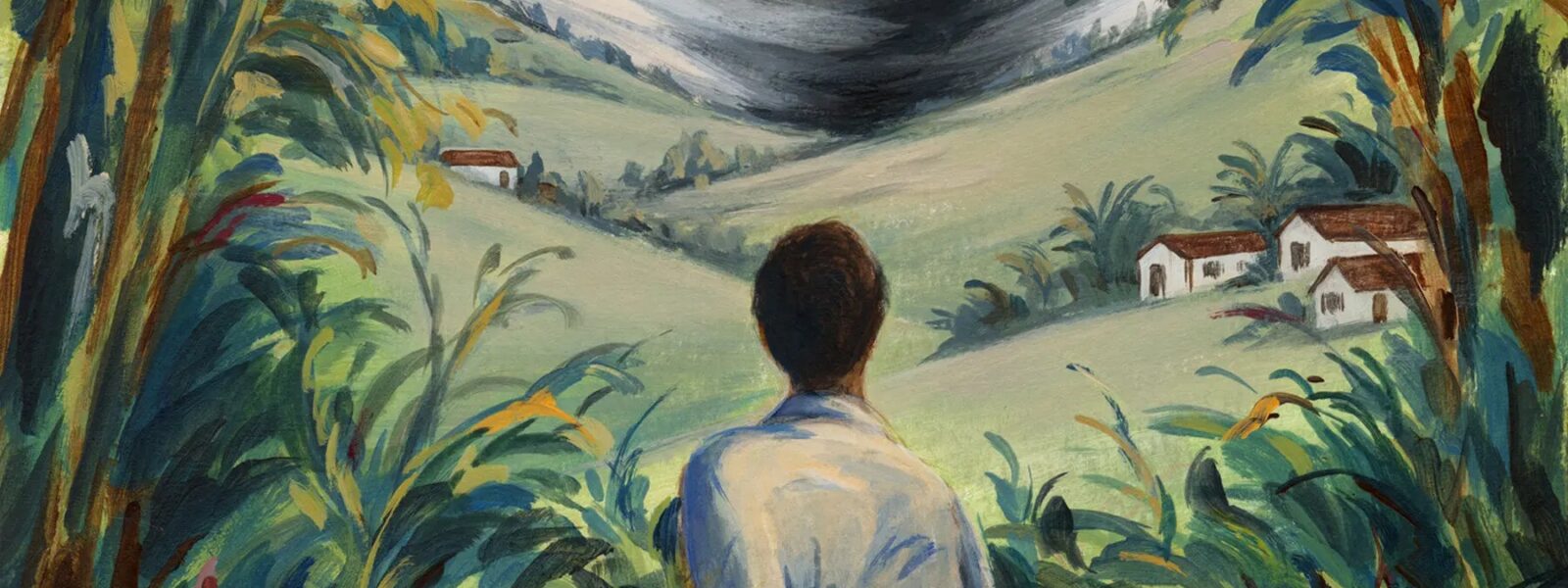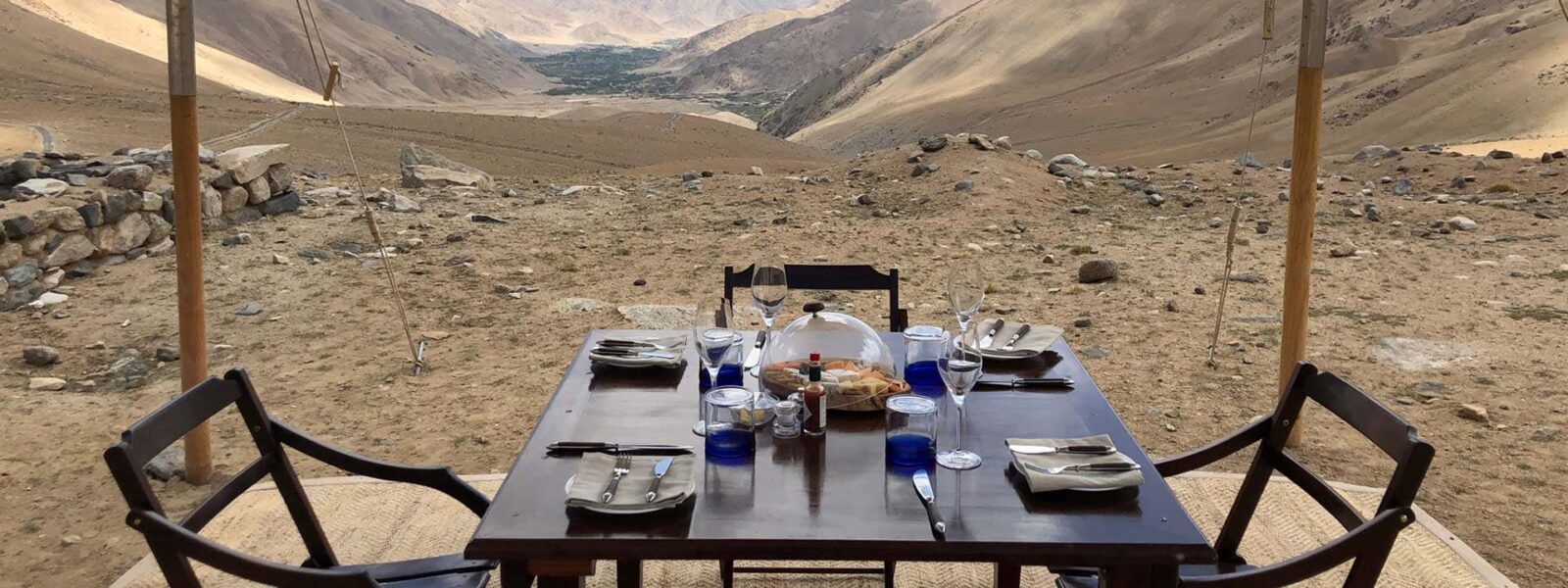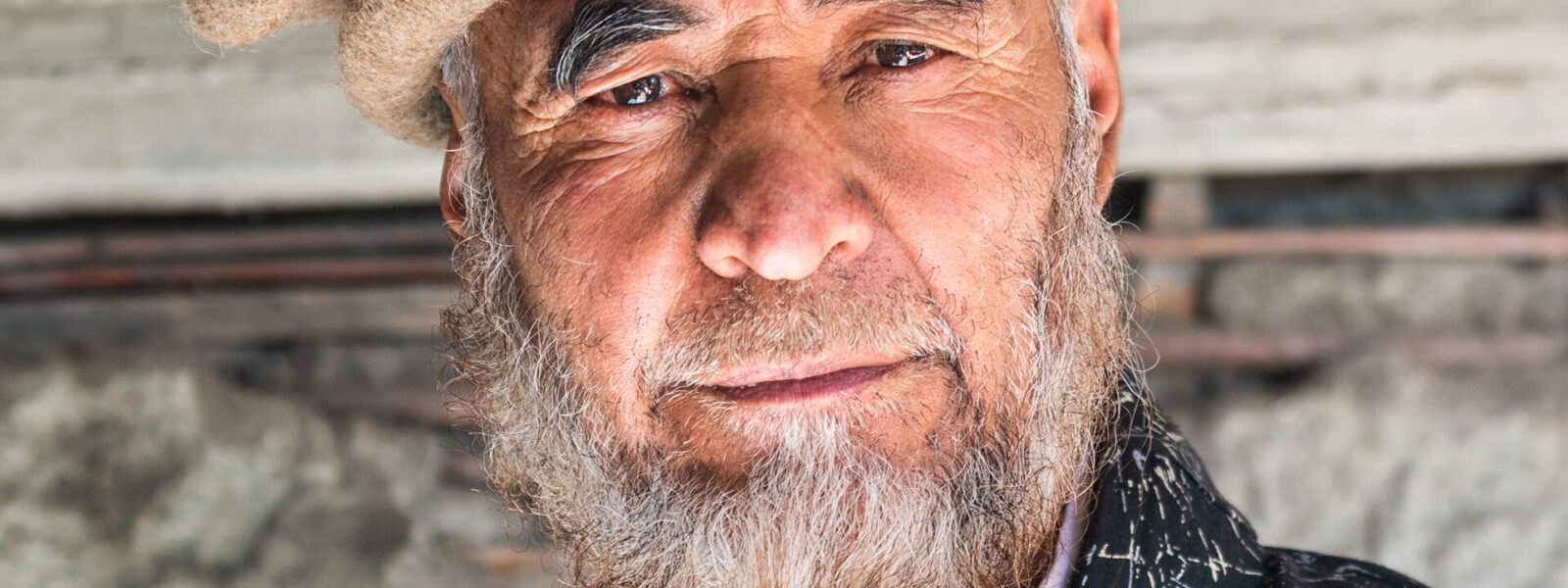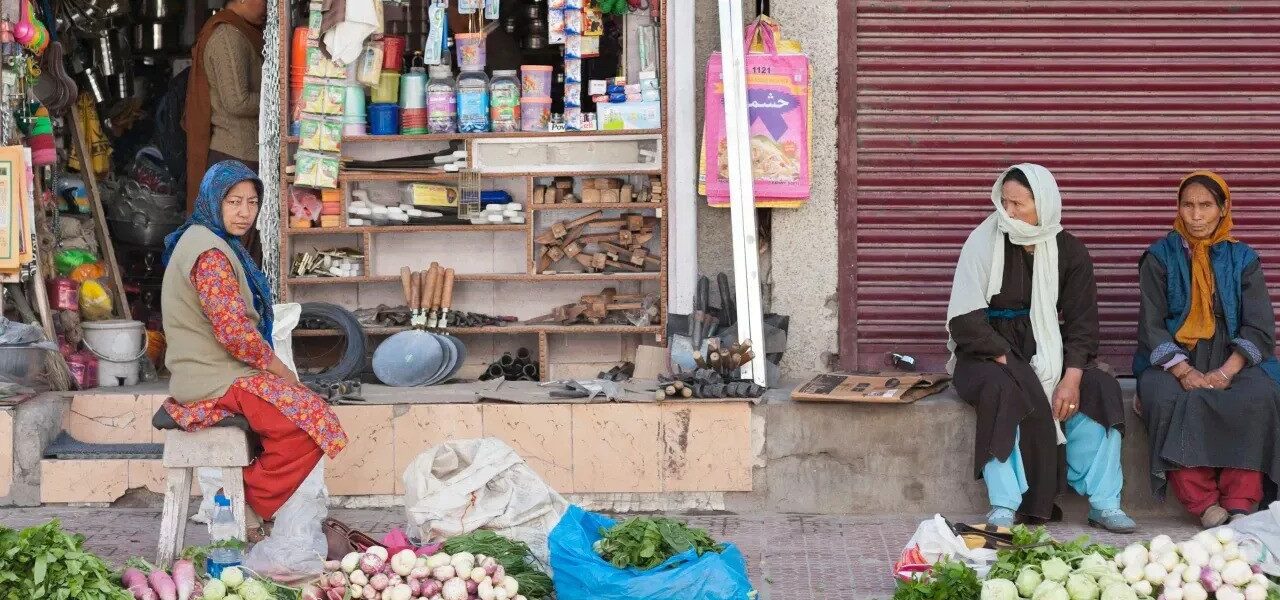The First Step: Trusting the Unmapped Roads
Dear Younger Me,
There will come a moment when you find yourself standing at the edge of a world you cannot see on any map. No dotted lines, no reliable signposts, only a ribbon of dust curling into the far-off mountains. In those moments, you will hesitate, heart thudding in your chest, wondering if you should turn back. But I am writing to tell you: step forward.
When you first arrive in Ladakh, the towering peaks and endless skies will feel overwhelming, almost too vast for one heart to hold. You will cling to your carefully planned itinerary, to the printed maps folded inside your backpack, believing that preparation alone will shield you from uncertainty. But very soon, the roads of Ladakh will teach you a different kind of wisdom — the art of letting go.
One afternoon, driving somewhere between Leh and a nameless village, you will lose your way. You will find yourself on a dirt track, narrow and crumbling at the edges, with not a single soul in sight. The silence will press against your windows, thick and ancient. Panic will rise — the fear of the unknown, the fear of making a mistake. Yet, it is here, precisely in this discomfort, that your journey truly begins.
Trust the unmapped roads, even when they terrify you. Ladakh’s winding paths will not only lead you to places of breathtaking beauty but also into deeper layers of yourself. You will learn that not all detours are mistakes. Some are invitations — to patience, to resilience, to the kind of open-hearted wonder you had forgotten you possessed.
The small villages you stumble upon, with prayer flags fluttering against stark blue skies, will offer you moments that no guidebook could ever predict. A cup of butter tea from a wrinkled hand. A smile shared without a common language. A child’s laughter as your dusty car rumbles by. Each encounter will whisper the same lesson: sometimes the best paths are the ones you never meant to take.
Years from now, you won’t remember the hotels or the tidy schedules. You will remember the feeling of sunlight slanting across the barren valleys, the crunch of gravel under your boots, the exhilarating weightlessness of choosing a path simply because your heart nudged you forward.
So go ahead, Younger Me. Tuck the map back into your bag. Look up at the vast Ladakhi sky, and trust yourself to find the way — even when there is no way marked.
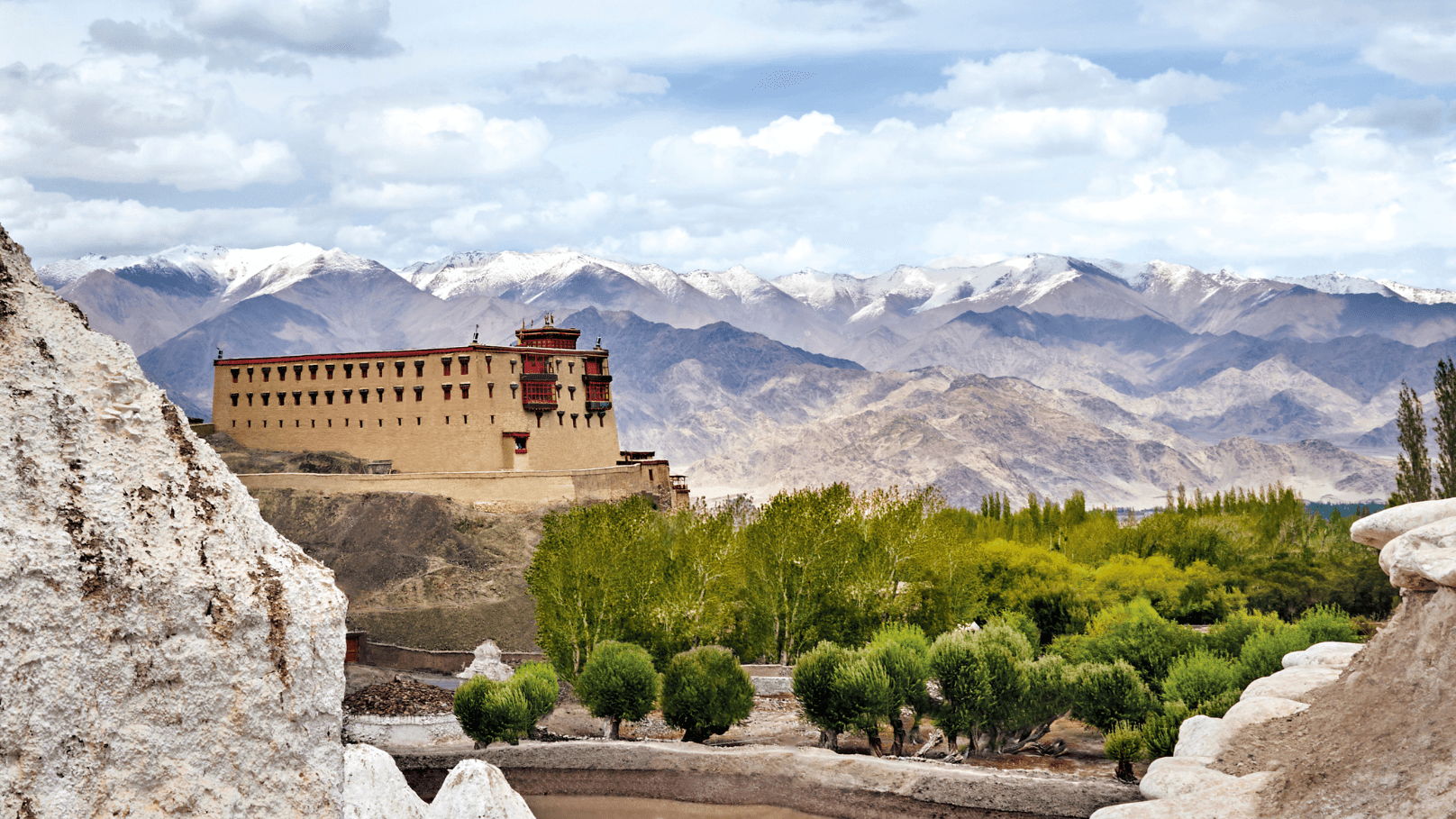
Learning Patience on Ladakh’s Winding Passes
Dear Younger Me,
There is a truth you must learn, and Ladakh will be your stern but loving teacher: not all roads are meant to be rushed.
In those early days, you will find yourself gripping the wheel too tightly, watching the clock, calculating distances, eager to reach the next village, the next viewpoint, the next goal. You will look at a map and imagine the journey as a straight line — efficient, logical, predictable. But Ladakh’s mountain passes, with names like Khardung La and Chang La, have no interest in your timetables. They will teach you, in the most beautiful and humbling ways, that time moves differently here.
The winding switchbacks will snake higher and higher, thinner and thinner, until the air itself seems to peel away from your lungs. The climbs will be slow, sometimes achingly so, as your vehicle crawls across crumbling roads edged by sheer drops and walls of ice. There will be no shortcut, no fast lane, no clever trick to make it easier. Only patience — patience with the road, with the mountains, and most importantly, with yourself.
There will be moments when you are forced to stop altogether: a truck stalled ahead, a landslide blocking the pass, a herd of yaks ambling lazily across the only navigable track. In those moments, anger or frustration might bubble up — the old habits of a faster world. But Ladakh will show you another way. It will invite you to step out of the car, to breathe in the thin, sharp air, to gaze across horizons where earth and sky meet in endless stillness. And in that stillness, you will begin to understand that waiting is not wasted time. It is living, too.
Somewhere along the journey, you will stop measuring progress by kilometers traveled or hours saved. You will start measuring by sunrises witnessed from rocky outcrops, by conversations shared with fellow travelers waiting by the same blocked road, by the quiet satisfaction of simply moving forward, however slowly.
Learning patience on Ladakh’s winding passes will ripple through your life in ways you cannot yet imagine. You will find yourself breathing more deeply in crowded airports, smiling when trains run late, forgiving yourself when plans go awry. Because once you have matched your pace to the ancient rhythm of the mountains, the frantic rhythm of the world can no longer command your spirit.
So, Younger Me, take your foot off the gas. Trust the road. Trust the slowness. Every curve is carrying you exactly where you are meant to be.
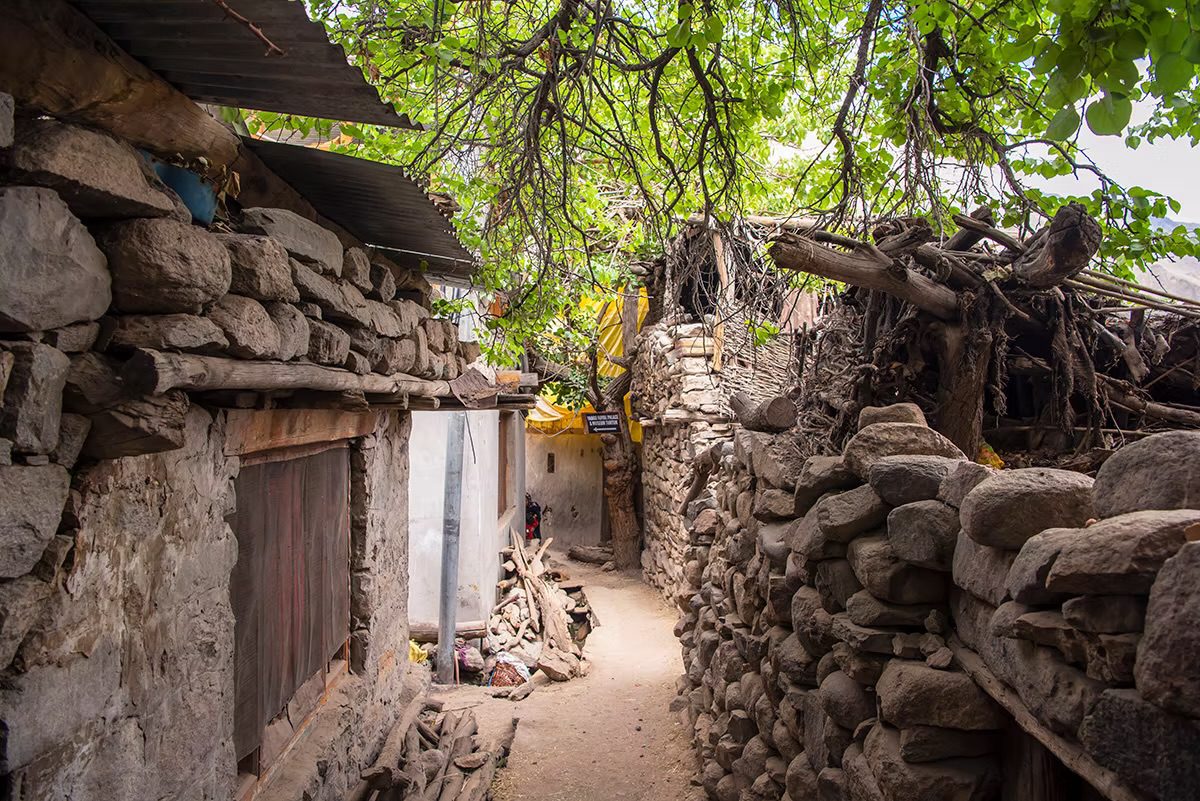
Listening to Silence: The Hidden Lessons of Solitude
Dear Younger Me,
One day, you will find yourself on a road so empty that even the mountains seem to whisper instead of shout. It will happen somewhere beyond Nubra Valley, or perhaps along the shores of Tso Moriri, where the wind speaks in long, slow breaths across the barren plains. You will sit alone, your car parked by the side of a dusty trail, and for the first time, you will hear a sound that modern life almost never allows you to hear — the sound of true silence.
At first, it will unsettle you. You are used to noise, to the constant hum of movement, to the invisible pressure of cities that never sleep. Silence will feel like a void, like something you should fill. You will reach for your phone instinctively, searching for music, messages, something — anything — to break the quiet. But Ladakh will deny you these small escapes. In its high-altitude vastness, there is no signal, no streaming playlist, no easy distractions. There is only you and the breathing world around you.
Stay. Stay with the discomfort. Let the silence wrap itself around you. Slowly, you will realize that it is not empty at all. It is full — full of life you were too busy to notice. The soft whistle of the wind through dry grasses. The faint rumble of rocks shifting far away. The steady thud of your own heartbeat, no longer drowned by traffic or chatter.
Listening to silence will become one of the greatest lessons Ladakh offers you. In that silence, you will meet yourself — not the self you perform for others, not the one you curate online, but the raw, unguarded soul that has always been waiting for your attention. You will hear old dreams stirring, wounds asking for kindness, hopes you thought you had lost. And you will realize that solitude is not loneliness. It is the most honest conversation you will ever have.
Later, when you return to crowded streets and buzzing airports, you will carry this lesson with you like a secret talisman. You will know how to find pockets of silence even amidst the noise, how to retreat inward for strength instead of reaching outward for distractions.
So, Younger Me, when you find yourself sitting alone on Ladakh’s forgotten roads, resist the urge to fill the air with sound. Listen instead. The mountains have been waiting to speak to you, and they only speak in silence.
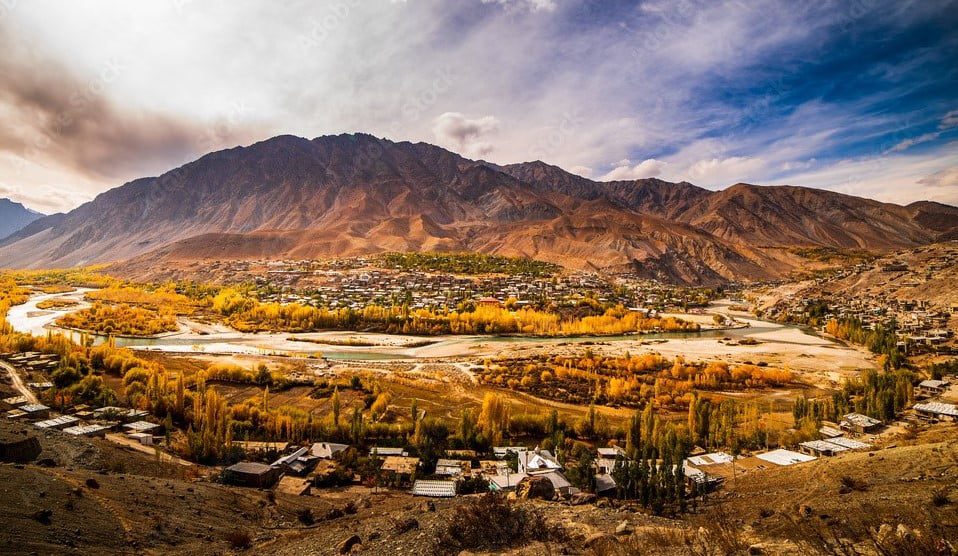
Unexpected Teachers: People You Meet on the Road
Dear Younger Me,
As you journey through the rugged heart of Ladakh, you will quickly learn that the most profound lessons will not come from guidebooks or monuments. Instead, they will arrive in the form of people — ordinary, extraordinary souls who step into your path when you least expect it. They are your unexpected teachers.
One afternoon, while stranded by a flat tire on the road to Pangong Lake, a group of local villagers will pull alongside you in a battered truck. Without hesitation, they will jump down, laugh warmly, and set to work helping you, refusing any payment except a shared thermos of tea. Their ease, their kindness without conditions, will plant a seed of humility in your heart — a reminder that generosity is often simplest when it expects nothing in return.
In a sun-drenched courtyard in a monastery high above the Indus River, you will meet a monk no older than yourself. Over cups of butter tea, he will share a few quiet words about patience and joy — not in grand sermons, but in the simple grace of his presence. You will realize that wisdom does not always shout. Sometimes, it sits beside you, offering a smile, asking nothing but your willingness to listen.
Children, too, will become your guides. In a dusty village near Diskit, a band of laughing kids will invite you into a game you do not know how to play. You will trip, you will fall, you will laugh harder than you have in years. And you will remember that joy needs no translation.
Each meeting will feel accidental at first, a product of chance. But later, when you reflect on these encounters, you will understand: they were not accidents. Ladakh’s vast roads are not just rivers of dust and stone; they are threads weaving people together in ways you could never orchestrate. Everyone you meet on the road is carrying a piece of the lesson you came here to learn.
So, Younger Me, keep your heart open. Speak even when you don’t know all the words. Accept the cup of tea, the outstretched hand, the invitation to sit a little longer. The road itself will teach you, but it is the people along the way who will show you how to live.
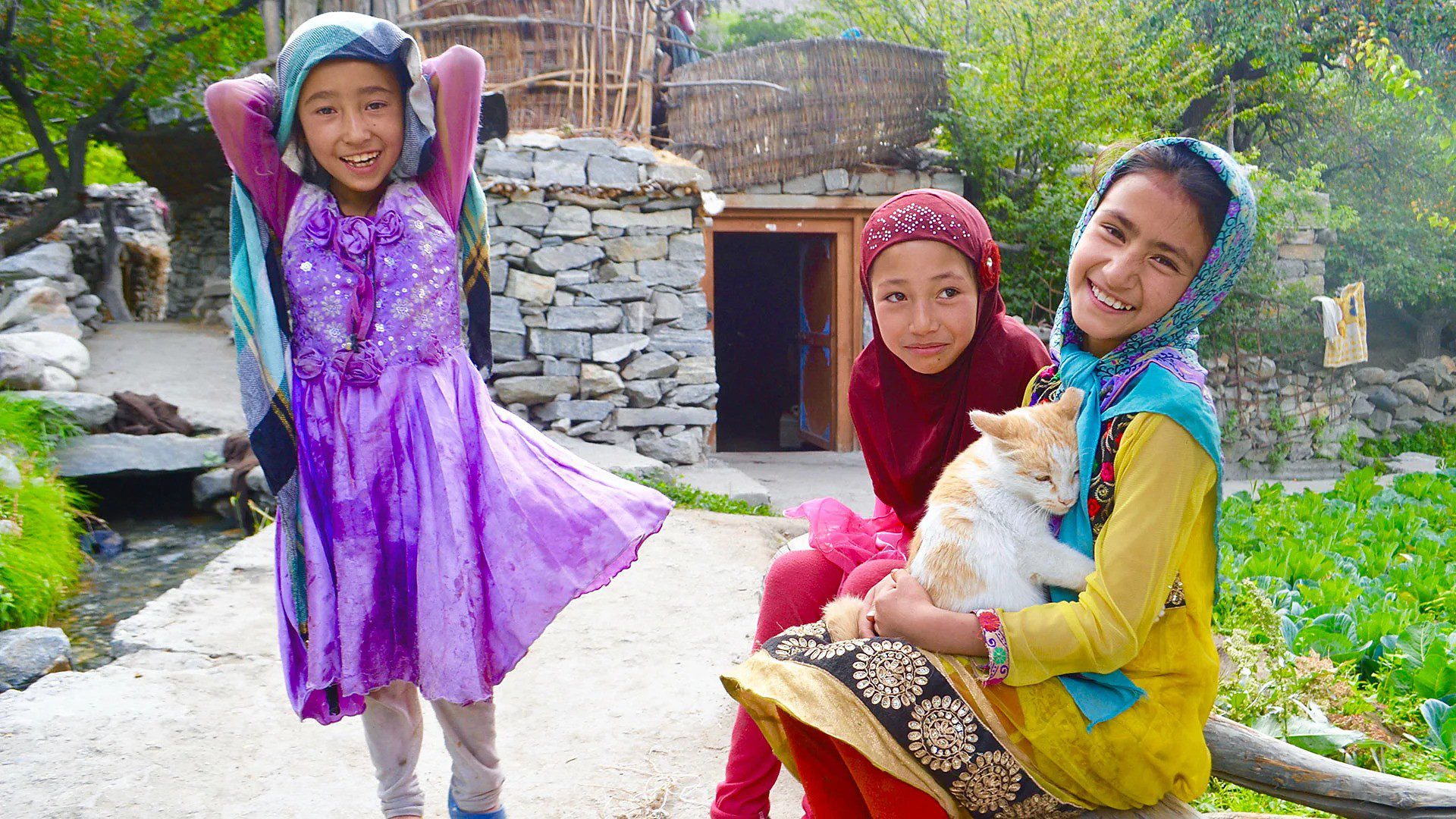
The Greatest Lesson: Surrender to the Journey
Dear Younger Me,
There will come a day when everything you so carefully planned falls apart. The weather will change without warning, a road will close due to a landslide, or the guesthouse you booked will have no record of your reservation. In that moment, standing in the thin air of Ladakh’s high plateaus, frustration will gnaw at you. You will want to fight against the tide, to cling to your perfect itinerary. But listen closely: this is your invitation. Surrender to the journey.
You see, Ladakh does not reward rigid plans. It rewards the traveler who loosens their grip, who adapts with grace, who says “yes” to the unexpected. You will find that when one door closes, another opens — often leading somewhere far richer than you had imagined. A canceled trek might guide you to a remote monastery festival. A missed bus might find you sharing a dusty jeep ride with a family who insists you join them for lunch.
It is in these unscripted moments that Ladakh reveals its deepest truths. The land itself lives by its own rhythms: rivers that shift course overnight, clouds that gather and disappear like passing thoughts. The people, too, understand this dance. They do not curse the changing weather or shake their fists at broken roads. Instead, they adjust, they smile, they wait for the right moment to move forward. They know something you are only beginning to learn: control is an illusion.
As you let go of your need to direct every detail, you will discover a new kind of freedom. Anxiety will give way to wonder. Every delay will become an opportunity to see something you might have rushed past. Every wrong turn will become a new chapter in the story you didn’t know you were meant to live.
Later, back in the so-called “organized” world, this lesson will follow you like a quiet blessing. When plans crumble — and they will — you will remember Ladakh. You will breathe deeply, smile softly, and choose to trust the road unfolding beneath your feet.
So, Younger Me, when the journey demands that you surrender, do not resist. The greatest adventures are waiting just beyond the plans you are brave enough to leave behind.
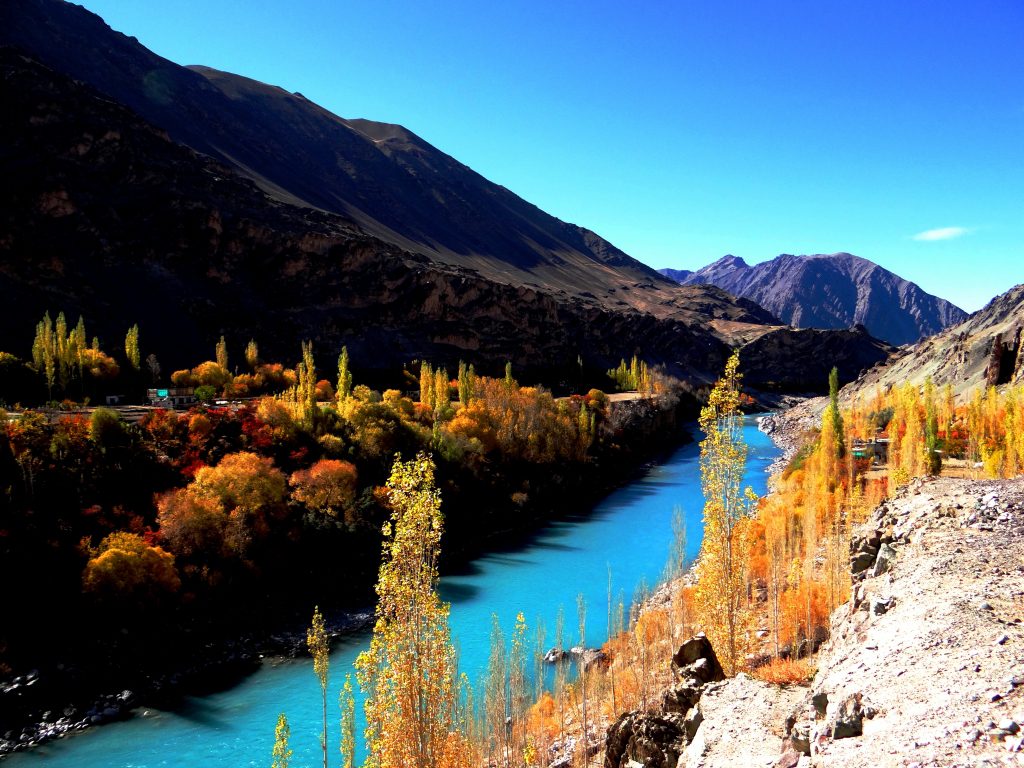
Dear Younger Me: What I Wish You Knew Before Ladakh
Dear Younger Me,
If I could fold this letter into the palm of your hand before you ever set foot in Ladakh, I would tell you this: everything you think you know about travel, about life, will be rewritten by the roads you are about to walk.
You imagine that adventure lies in reaching certain destinations, ticking places off a list, capturing perfect photographs to prove you were there. But Ladakh will show you otherwise. It will teach you that the journey itself — the slow hours on winding passes, the dusty tea shops where time forgets to move, the unplanned conversations with strangers — these are the real treasures.
Before Ladakh, you might believe that strength is found in knowing, in planning, in being certain. But here, among these stark mountains and open skies, you will find that true strength is the opposite: it is found in vulnerability, in humility, in the willingness to be shaped by forces greater than yourself. You are not meant to conquer these landscapes. You are meant to let them change you.
I wish you knew that it is okay to be afraid. The thin air will make your heart race, the narrow cliffside roads will test your nerve, and the immense silence may feel like it could swallow you whole. But every shiver of fear, every tremor of doubt, will carve new spaces inside you — spaces where courage and wonder can grow.
I wish you knew that you do not have to rush. That every moment you spend gazing at a wind-sculpted valley or lingering over a simple meal in a village home is precious beyond measure. That the slower you move, the deeper Ladakh will seep into your bones and stay with you, long after your footprints have faded from its dusty trails.
And most of all, I wish you knew that you are enough, exactly as you are. You do not need to prove anything — not to the world, not to yourself. The roads of Ladakh do not ask for perfection. They only ask for presence, for openness, for a heart willing to be touched by wild beauty.
So go, Younger Me. Embrace the unexpected, love the detours, listen to the silence, and trust the road beneath your feet. The real journey is not across Ladakh — it is within yourself.
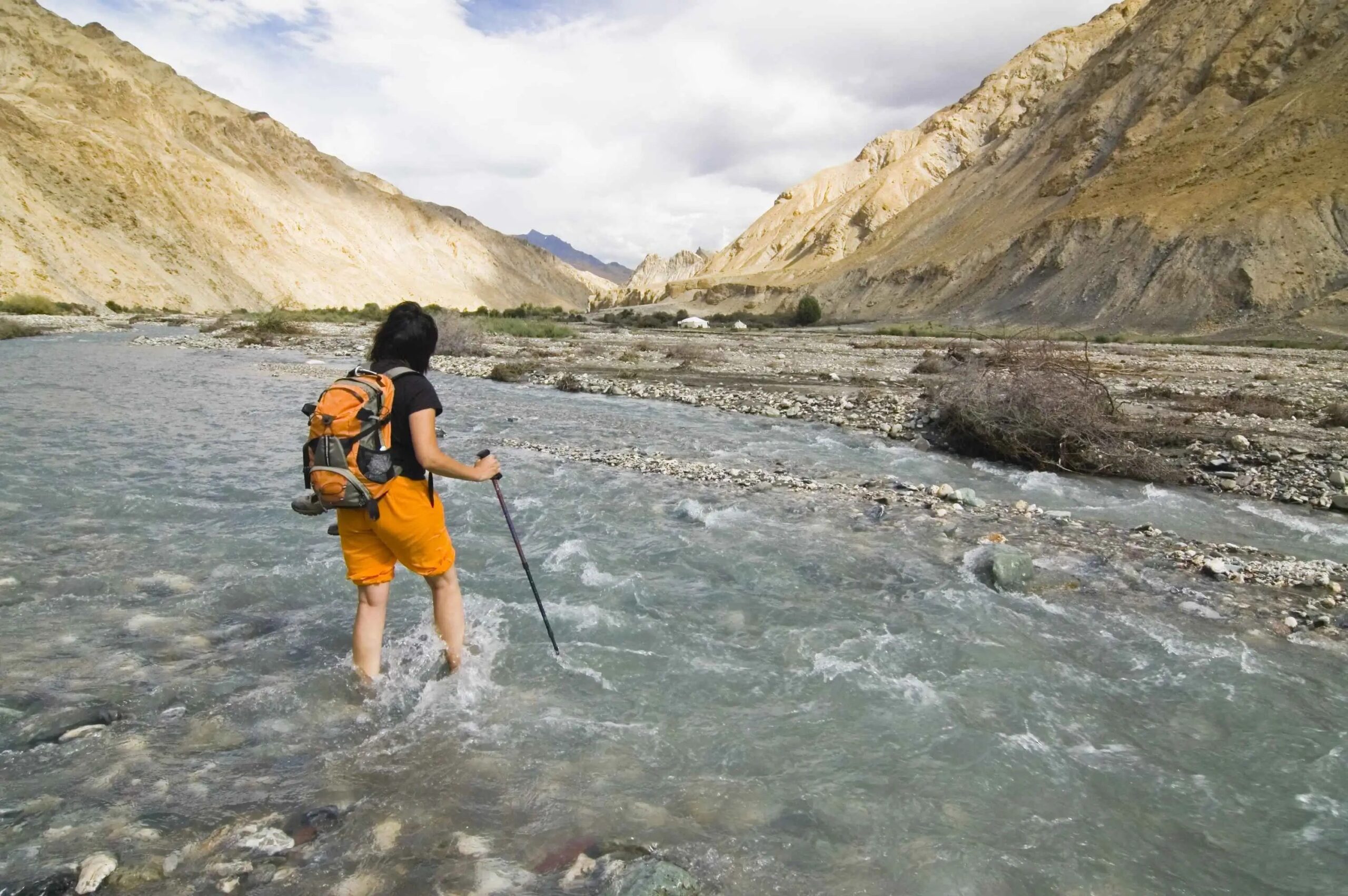
About the Author|Elena Marlowe
Elena Marlowe is an Irish-born writer currently residing in a quiet village near Lake Bled, Slovenia.
With a lifelong passion for storytelling and exploration, Elena weaves together personal reflection and vivid travel narratives that capture the spirit of each place she visits. Her writing invites readers to slow down, look deeper, and find the extraordinary within the everyday journey.
Drawing inspiration from Europe’s ancient landscapes and timeless traditions, she believes that every road — whether paved or forgotten — carries lessons for those willing to listen. When not writing, Elena can often be found wandering alpine trails, sipping strong coffee by the lakeside, or filling notebooks with sketches of places yet to be explored.
Through her columns, Elena hopes to offer not just travel advice, but a window into a way of traveling that cherishes wonder, resilience, and heartfelt connection.

